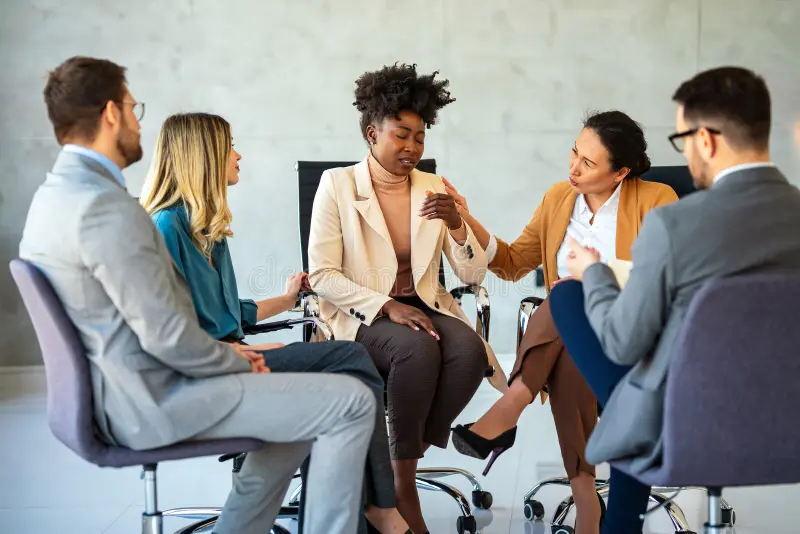24/7 Helpline:
(866) 899-221924/7 Helpline:
(866) 899-2219
Learn more about Klonopin Rehab centers in Washington County
Klonopin Rehab in Other Counties

Other Insurance Options

American Behavioral

Providence

Health Partners

Medical Mutual of Ohio

MVP Healthcare

AllWell

Group Health Incorporated

UMR

Amerigroup
Beacon

Lucent

Private insurance

Excellus

WellCare Health Plans

PHCS Network

ComPsych

United Health Care

Covered California

Health Choice

CareFirst

Bogalusa Mental Health Clinic
Bogalusa Mental Health Clinic is a public rehab located in Bogalusa, Louisiana. Bogalusa Mental Heal...

Our Lady of the Angels Hospital – Behavioral Health
Our Lady of the Angels Hospital – Behavioral Health is a private rehab located in Bogalusa, Louisian...

Dade Family Counseling Administrative Unit
Dade Family Counseling Administrative Unit is a private rehab located in Bogalusa, Louisiana. Dade F...















































































